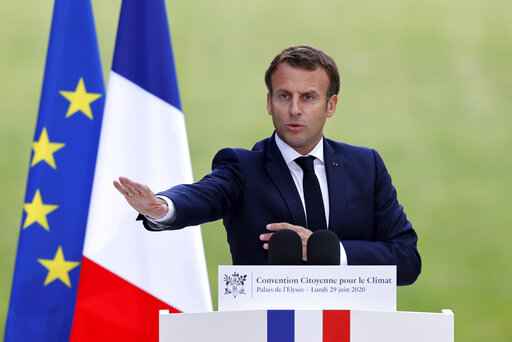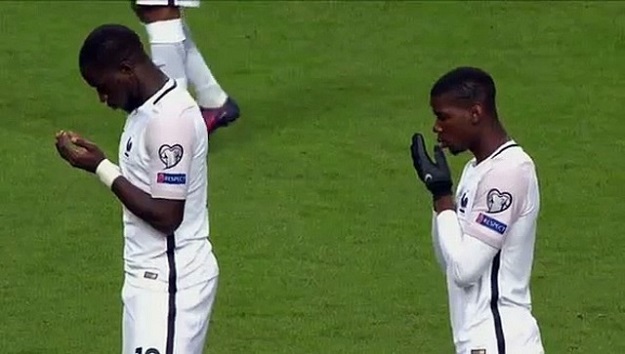Paris (AFP) – After being knocked back at some 50 interviews for consulting jobs in France despite his ample qualifications, Muslim business school graduate Adam packed his bags and moved to a new life in Dubai.

“I feel much better here than in France,” the 32-year-old of North African descent told AFP.
“We’re all equal. You can have a boss who’s Indian, Arab or a French person,” he said.
“My religion is more accepted.”
Highly-qualified French citizens from Muslim backgrounds, often the children of immigrants, are leaving France in a quiet brain drain, seeking a new start abroad in cities like London, New York, Montreal or Dubai, according to a new study.
The authors of “France, you love it but you leave it”, published last month, said it was difficult to estimate exactly how many.
But they found that 71 percent of more than 1,000 people who responded to their survey circulated online had left in part because of racism and discrimination.
Adam, who asked that his surname not be used, told AFP his new job in the United Arab Emirates has given him fresh perspective.
In France “you need to work twice as hard when you come from certain minorities”, he said.
He said he was “extremely grateful” for his French education and missed his friends, family and the rich cultural life of the country where he grew up.
But he said he was glad to have quit its “Islamophobia” and “systemic racism” that meant he was stopped by police for no reason.
‘Humiliating’
France has long been a country of immigration, including from its former colonies in North and West Africa.
But today the descendants of Muslim immigrants who came to France seeking a better future say they have been living in an increasingly hostile environment, especially after the Islamic State jihadist attacks in Paris in 2015 that killed 130 people.
They say France’s particular form of secularism, which bans all religious symbols in public schools including headscarves and long robes, seems to disproportionately focus on the attire of Muslim women.
Another French Muslim, a 33-year-old tech employee of Moroccan descent, told AFP he and his pregnant wife were planning to emigrate to “a more peaceful society” in southeast Asia.
He said he would miss France’s “sublime” cuisine and the queues outside the bakeries.
But “we’re suffocating in France”, said the business school graduate with a five-figure monthly salary.
He described wanting to leave “this ambient gloom”, in which television news channels seem to target all Muslims as scapegoats.







 KARACHI : As Les Bleus clinched their second World Cup title after a thrilling final win over Croatia, social media was quick to underscore that the team had seven Muslim players in it and how the country must apply its on-field victories off the field as well.
KARACHI : As Les Bleus clinched their second World Cup title after a thrilling final win over Croatia, social media was quick to underscore that the team had seven Muslim players in it and how the country must apply its on-field victories off the field as well.
 A
A